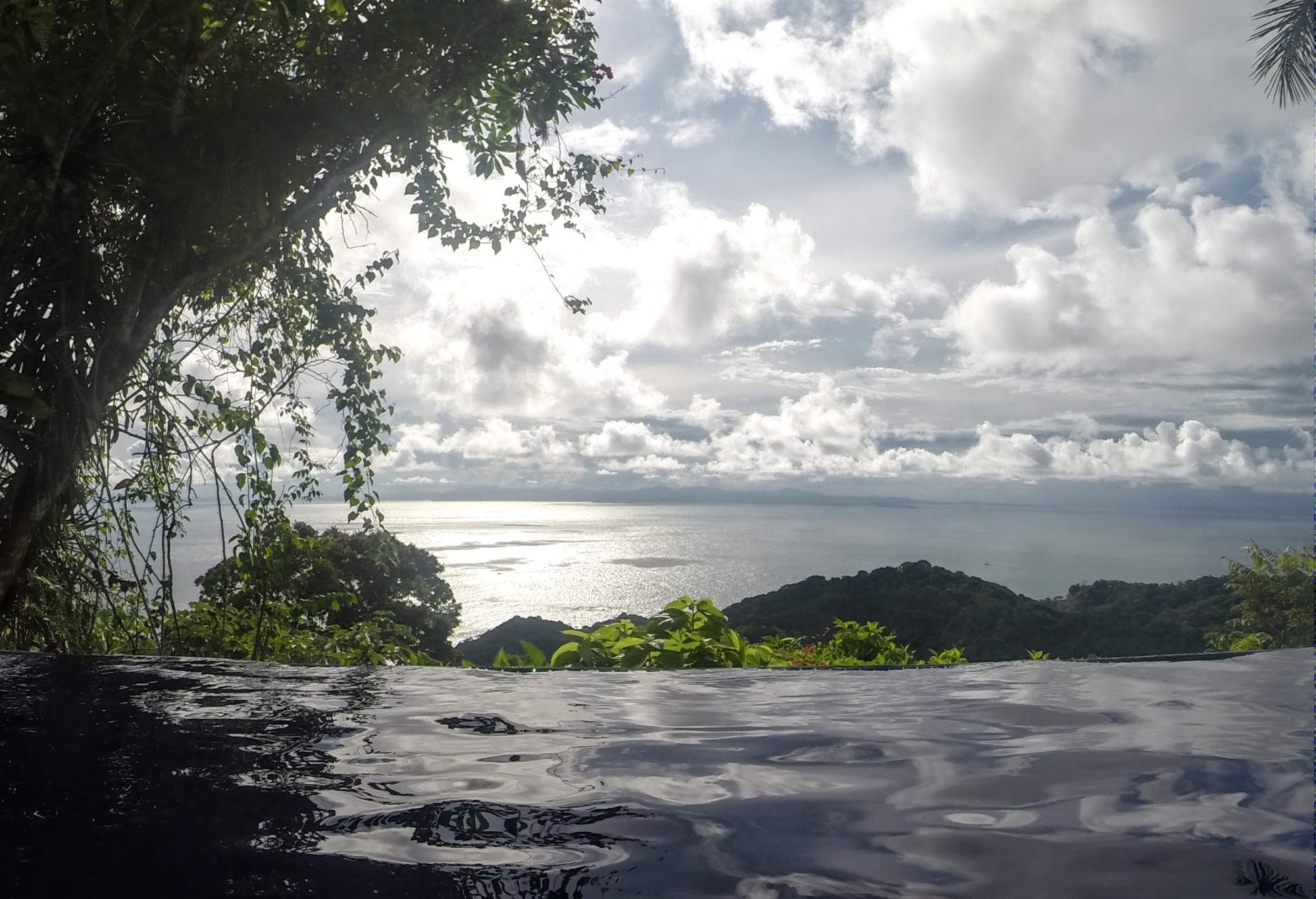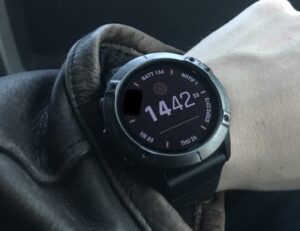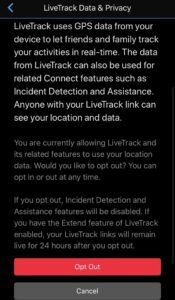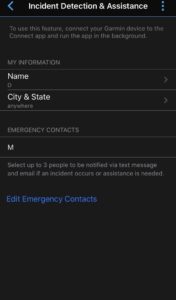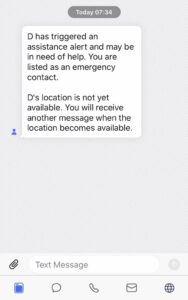Eat and Drink safely
Food/water safety are important factors to personal health wherever you are. When traveling and at home unclean food and water can cause travelers’ diarrhea and other diseases. Reduce your risk by sticking to safe food and water habits as much as you can. Depending on your destination this may not always be possible and in that case you need to make sure that you are very well researched in the area you are traveling to and know what is safe and what is not. Also if you can, prepping your body for the kind of food that will be available to you is a good idea. Whether you are going to a restaurant or making it yourself make sure that the food is authentic to the region you will be traveling. This can cause less shock to your body if the food is drastically different in the area you are traveling.
Hydration
Everyone knows that staying hydrated is important, especially if your travels are physically demanding but make sure you research where you’r traveling to know if the tap water is safe to drink or not. Tap water is not drinkable in all countries, even in major cities you body many not be able to handle it. Stick to sealed bottled water unless you are 100% sure the water can be trusted. Also be wary of ICE. Most people don’t think about it but drinking bottled water or a carbonated beverage with ice that’s made from the local tap water will be just as bad for you if the water cannot be trusted. If you are traveling to a region that you know the water cannot be drank it is a smart idea to take some water treatment tablets and/or a water filter with you. If you cannot find bottled water and whether or not you have treated the water in another manner, Boiling the water to disinfect it is a smart idea. The rule of thumb for boiling is water is one minute at a rolling boil (large bubbles) is safe to drink. If you want to be extra sure 3 minutes total at a rolling boil will do the trick. Anything beyond that is unnecessary. Hot coffee or tea is also an alternative that may be safe depending on the temperature of the beverage.
Eating
Not all countries refrigerate their food, the less developed the country is the less likely they are to refrigerate their food or the less reliable the refrigeration may be. In these cases making sure that the food is cooked by a competent cook and that it is completely cooked is very important. Make sure that your food is cooked and served hot and has not been sitting out for along period of time before making it to your table. Avoid rare or raw Meat and fish, soft cooked eggs, and unpasteurized dairy products. Make sure that if you eat fruit or vegetables that its washed with safe water, and that you can either see it peeled or peel it your self if need be.
Many recommend avoiding street vendors or wild game, I don’t completely subscribe to that. Depending on where or how you are traveling game meat may be your only option. Street vendors are also becoming more popular world wide, and some of the best meals that I have had has come from street vendors or were made with game meat. You just have to make sure that it is safe to the best of your ability. You can tell a dirty kitchen or food prep area when you see one. Game meat its important to make sure that the meat is cooked thoroughly.
If you have a bad feeling about the vendor, meal, or water source don’t brush it off. Trust your gut. But don’t write off something just because its from a street vendor, or that it is made with meat that isn’t farmed. Many cultures have different protein sources than yours and if you write off all the food that isn’t beef or chicken you will miss out on large portion of the culture you are visiting.
When it goes wrong
You can follow all the precautions above and still get sick. Some time its just an unlucky roll of the dice. When this happens there are many medications both over the counter and prescription that be taken when you misjudged a meal or drink. I recommend once you’ve done your research and planned out your trip I recommend visiting your doctor and discussing any medications they would recommend you bring along. You may be there any way depending on any required or recommended vaccines for the area you are traveling to.
